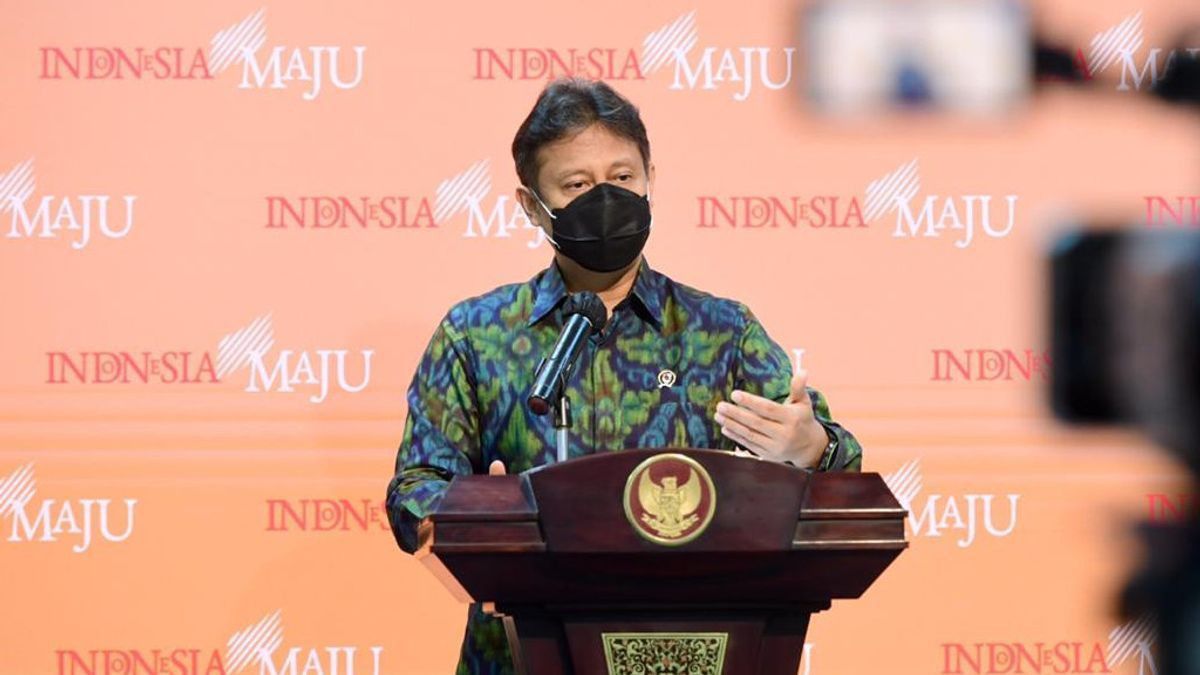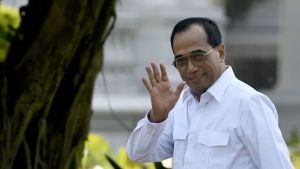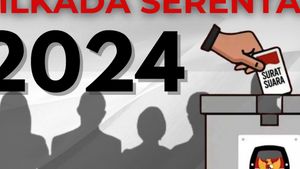Minister of Health Budi Gunadi Sadikin stated that the Health Law (UU) did not abolish the participation of health professional organizations.
"We have also explained that in the new law, professional organizations will still exist. It's just not written in the law," he said as quoted by ANTARA, Friday, July 14.
Regarding the response of the Indonesian Doctors Association (IDI) along with four other associations who want to review the ratification of the Health Law, the Minister of Health said that the existence of IDI as a professional organization that oversees many groups in the health sector will not be abolished from the law.
It's just that, he said, the existence and role will be recognized equally, like other union professional organizations. The regulatory function owned by IDI, will also be returned to the government, such as the existing basic rules.
The Minister of Health said that what was highlighted in the Health Law was a recommendation to abolish the issuance of a Practice Permit (SIP), which based on reports from young doctors, made it difficult for them to get a specialist degree.
Minister of Health Budi admitted that the government took the consideration after hearing input from experts who are members of professional organizations, because apart from being difficult to obtain, the SIP they want to have is very expensive.
He also expressed regret that this problem occurred when Indonesia was very short of specialist doctors throughout the region. In fact, the distribution of specialist doctors that is uneven is still a serious challenge in the development of the health system in Indonesia.
Therefore, he said the steps that IDI and colleagues would take were the right of opinion of each party to be respected. Therefore, he will not hinder these efforts.
"So if for example later sue, it's the right to return each person. We respect this democracy. But if I explain why it wasn't done, we see a lot of input from young doctors they have difficulty getting specialists, specialists are very difficult and very expensive," he said.
VOIR éGALEMENT:
Previously, the Executive Board of the Indonesian Doctors Association (PB-IDI) together with four professional organizations attempted to take legal steps in the form of submitting a review of the Health Law to the Constitutional Court (MK).
Adib assessed that the Health Law was legally flawed because it was prepared in a hurry and not transparent manner, regardless of the aspirations of all groups, including the health profession. In addition, he said, there are still many substances in the Health Law that have not met the health interests of the Indonesian people.
IDI also highlighted the revocation of nine old laws completed in the Omnibus Law Health Law within six months. He mentioned the loss of mandatory spending in the Health Law as a state commitment at the central and regional government levels.
Adib said the decision had consequences for the privatization of the commercial health sector through sources of loan funds from abroad.
"It is not impossible, through the privatization loan of the health sector, commercialization, and health business, which will once again bring consequences for the health resilience of the Indonesian nation," he said.
The English, Chinese, Japanese, Arabic, and French versions are automatically generated by the AI. So there may still be inaccuracies in translating, please always see Indonesian as our main language. (system supported by DigitalSiber.id)















